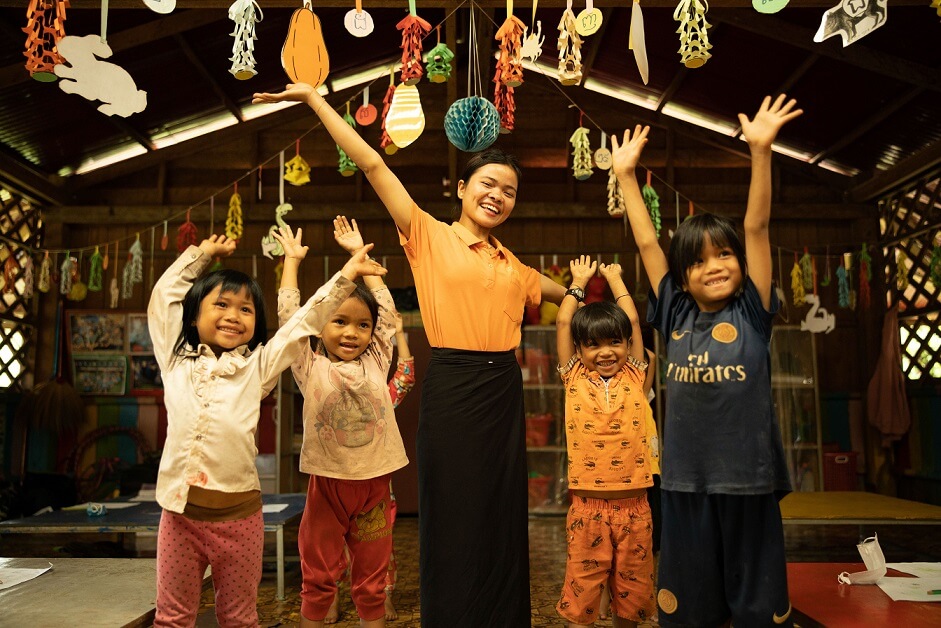WHERE WE WORK
We work with remote and marginalized communities where providing education is most challenging but most needed.
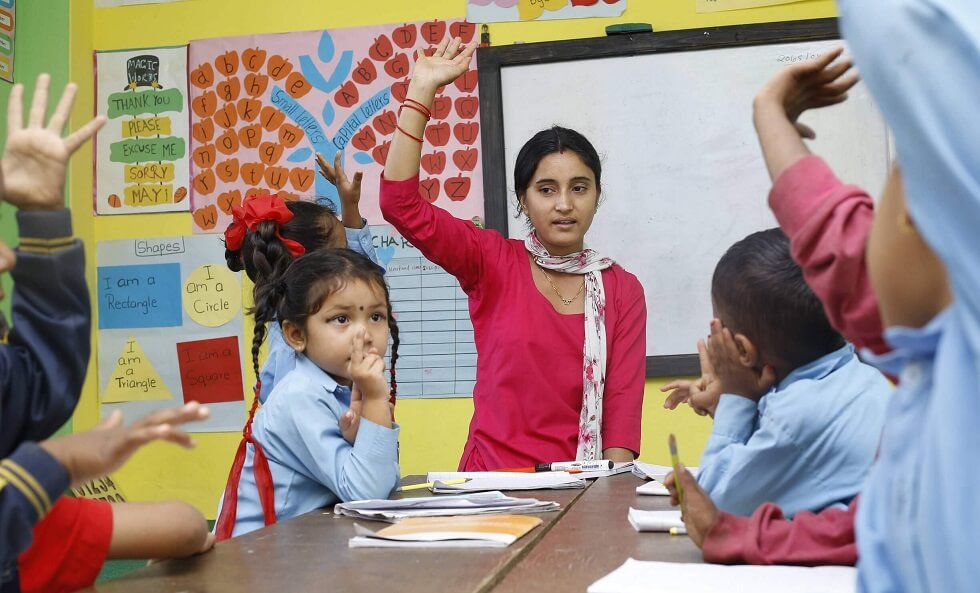
Nepal
In 2015, a devastating earthquake and series of aftershocks destroyed over 35,000 classrooms across Nepal. For hundreds of thousands of children, the hope of attending school was shattered.
UWS is working to make going to school daily an ordinary and necessary part of life for all children. So far, we’ve built 505 earthquake-resilient classrooms across 60 schools, giving more than 11,500 students in remote and rural communities access to life-changing education.
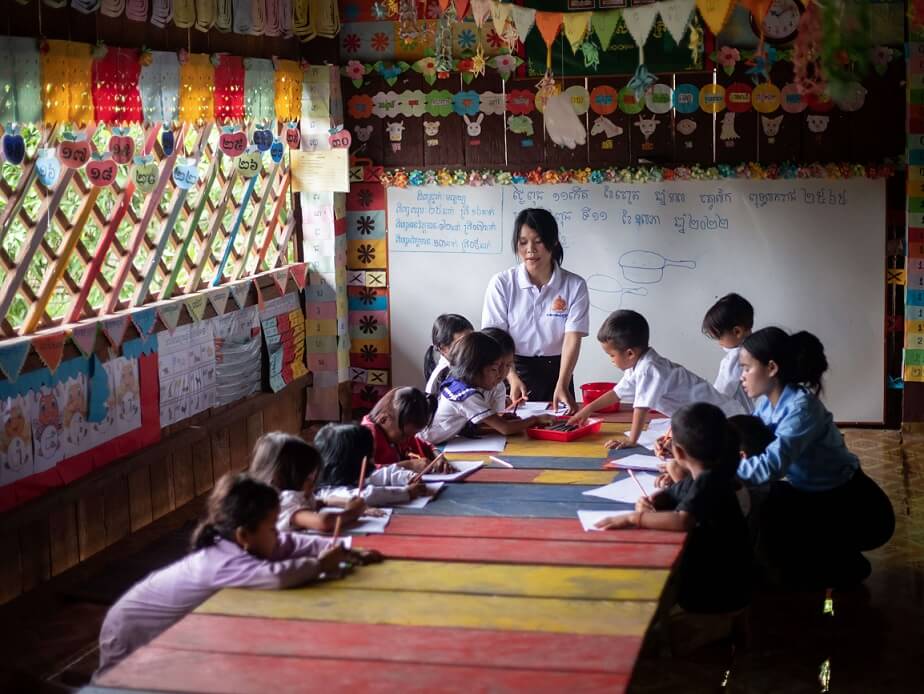
Cambodia
In 2006, the primary education facilities in Ratanakiri Province were identified as the poorest in the country. Today, with the support of UWS, 95% of children are within reach of a primary school, and many now go on to secondary education.
UWS is making school an everyday possibility for more children living in rural Cambodia. This starts with providing close and safe access to a classroom and extends to partnering with communities and regional and national bodies to drive system-level change.
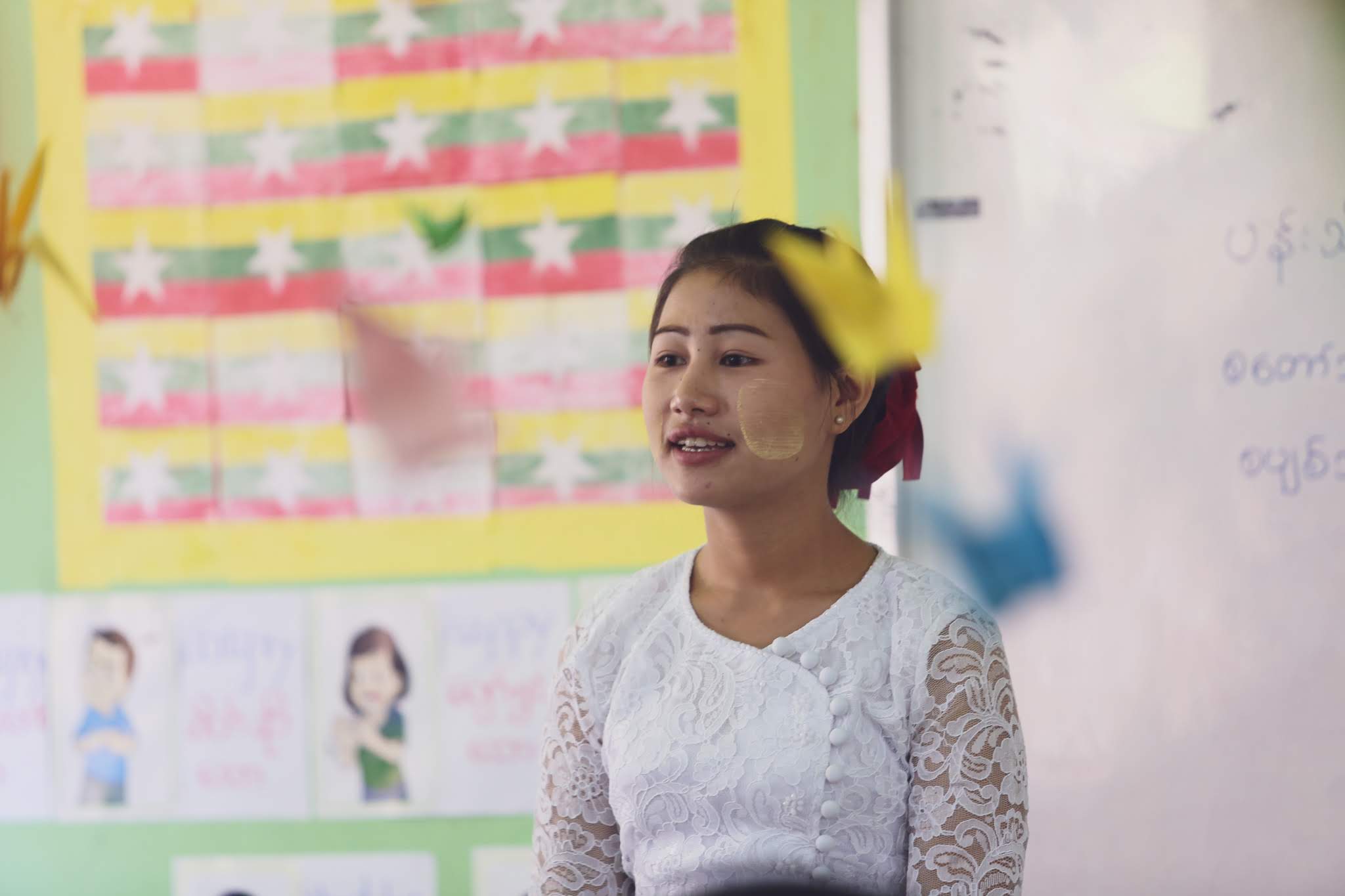
Myanmar
Without education, children in Myanmar have limited opportunities to break the poverty cycle. UWS schools currently give 4,600 students access to a safe and inspiring learning environment.
About half of Myanmar’s children are missing out on a formal education due to COVID-19 school closures and escalating insecurity. By improving access to inclusive education, we’re empowering a new generation of changemakers with the skills to create a more sustainable future.
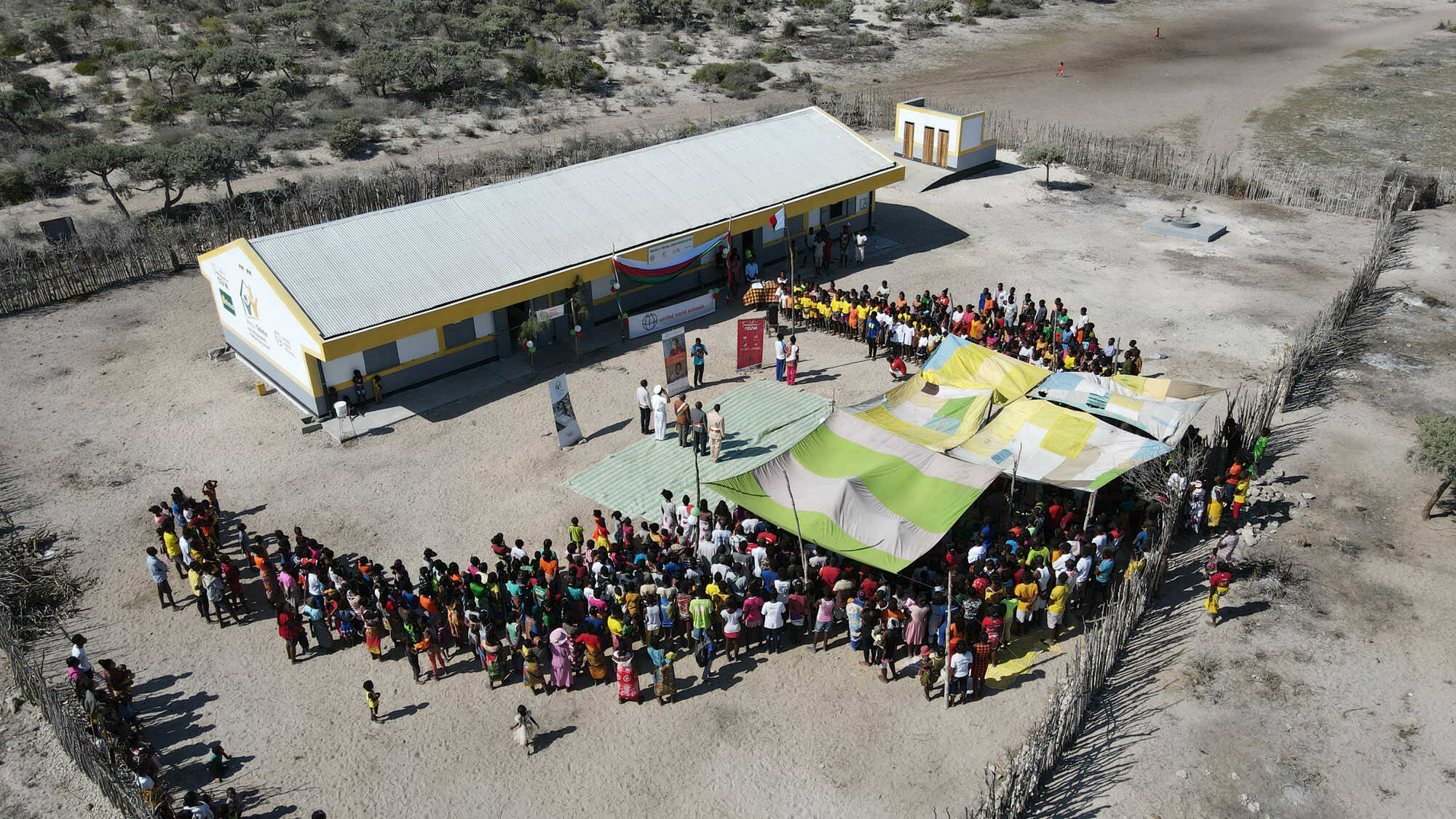
Madagascar
Teachers in isolated areas of Madagascar lack sufficient training opportunities and are poorly compensated. Classrooms are unsafe; most children leave education before achieving basic literacy and numeracy skills.
UWS is partnering with governments and local communities to make education an everyday reality for more children in remote areas of the country. Our first school opened in September 2022, and we currently operate 11 schools, enrolling over 2000 children.

